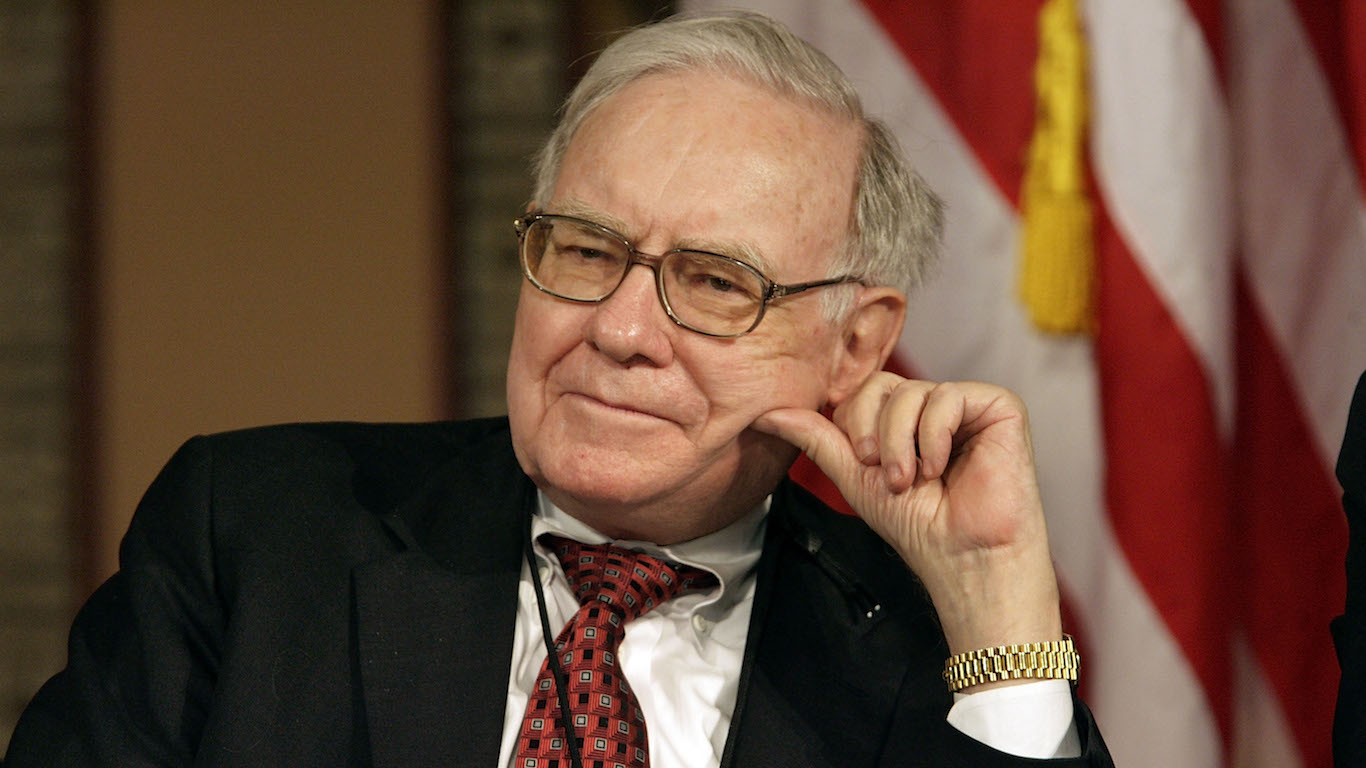
Wide differences between chief executive officer compensation and the median compensation of any other employee have been a factor in the rise of shareholder resolutions seeking to limit a company’s CEO pay. What’s particularly interesting is the number of large institutional investors wading in on behalf of shareholders.
The California Public Employees’ Retirement System (CalPERS), the largest pension fund in the country with more than $350 billion in assets, increased the percentage of CEO pay packages it voted against in 2013 (6.6%) to 45% in 2018. The Florida State Board of Administration, which manages the state’s retirement system, doubled its votes against CEO pay from 22.7% to 54% over the same period.
Three U.S. asset management firms controlling between 15% and 20% of most U.S. public companies — BlackRock, Vanguard and State Street — have not seen fit yet to oppose many CEO pay deals. According to the 2019 edition of As You Sow’s The 100 Most Overpaid CEOs, these three firms “tend to vote to approve almost every CEO pay package presented to them.” In fact, none voted against more than 16 of the 100 most overpaid CEO pay packages. If the votes of these giant firms were to be excluded from the calculations, the percentage increase in negative votes would be even greater.
Some proxy advisory firms perform considerably better. Institutional Shareholder Services (ISS) voted against proposed pay packages for 33 of the 100 most overpaid CEOs. Glass Lewis voted against 49, Egan-Jones also voted against 49, and Segal Marco voted against 70.
As You Sow ranks its list of overpaid CEOs based on two scores. The first, which is double weighted, computes CEO pay, assuming such pay is related to total shareholder return. The second identifies those companies wherein the most shares were voted against the CEO pay packages.
Here are the top 10 most overpaid CEOs along with their company, pay package, median employee pay, and CEO-to-median ratio.
1. Ronald F. Clarke, Fleetcor Technologies
> Pay: $52.64 million
> Median employee pay: $34,700
> Ratio: 1,517 to 1
2. Mark V. Hurd and Safra Catz, Oracle
> Pay: $81.56 million
> Median employee pay: $89,887
> Ratio: 907 to 1
3. Hock Tan, Broadcom
> Pay: $103.21 million
> Median employee pay: n/a
> Ratio: n/a
4. Dirk Van de Put, Mondelez International
> Pay: $42.44 million
> Median employee pay: $42,893
> Ratio: 990 to 1
5. Stephen Wynn, Wynn Resorts
> Pay: $34.52 million
> Median employee pay: $44,437
> Ratio: 777 to 1
6. Robert Iger, Walt Disney
> Pay: $36.28 million
> Median employee pay: $46,127
> Ratio: 787 to 1
7. W. Nicholas Howley, TransDigm Group
> Pay: $61.02 million
> Median employee pay: $46,742
> Ratio: 1,306 to 1
8. Brian Duperreault, American International Group
> Pay: $43.09 million
> Median employee pay: $64,186
> Ratio: 671 to 1
9. Margaret H. Georgiadis, Mattel
> Pay: $31.28 million
> Median employee pay: $6,271
> Ratio: 4,987 to 1
10. E. Hunter Harrison, CSX
> Pay: $151.15 million
> Median employee pay: $98,697
> Ratio: 1,531 to 1
As You Sow’s full report is available from this introductory page.
Are You Ahead, or Behind on Retirement? (sponsor)
If you’re one of the over 4 Million Americans set to retire this year, you may want to pay attention.
Finding a financial advisor who puts your interest first can be the difference between a rich retirement and barely getting by, and today it’s easier than ever. SmartAsset’s free tool matches you with up to three fiduciary financial advisors that serve your area in minutes. Each advisor has been carefully vetted, and must act in your best interests. Start your search now.
Don’t waste another minute; get started right here and help your retirement dreams become a retirement reality.
Thank you for reading! Have some feedback for us?
Contact the 24/7 Wall St. editorial team.

 24/7 Wall St.
24/7 Wall St.



